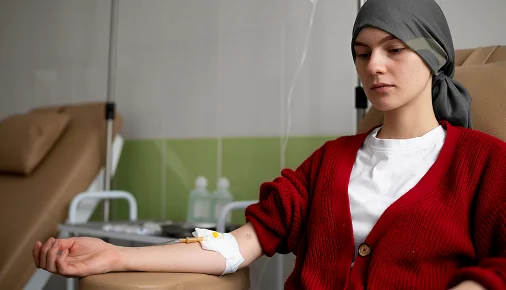If cancer is ‘so smart’, why does it look to destroy its host?
It’s one of the most bewildering and painful questions for anyone touched by cancer: If cancer is so “smart” at surviving, why does it end up killing the very person it depends on to live?
To understand this, it helps to remember that cancer isn’t a thinking enemy. It’s made up of our own cells that, through a series of genetic accidents, lose their sense of teamwork with the rest of the body. These cells stop listening to the signals that tell them when to grow and when to stop. Instead, they focus only on multiplying, crowding out healthy cells and stealing the body’s resources for themselves.
This drive to survive and grow is relentless. Cancer cells adapt, change, and even resist treatments meant to destroy them. But in their desperate quest to keep going, they lose sight of the bigger picture—the health of the person, their “host.” As tumors grow, they invade organs, block blood vessels, and disrupt the delicate balance that keeps our bodies working. Eventually, this chaos can overwhelm even the strongest person.
It’s not that cancer has a plan to kill; it simply doesn’t “care” about the consequences. Cancer cells are like a runaway train with no brakes, unable to stop even as they speed toward disaster. In the end, their unchecked growth leads to the body’s decline—and their own destruction, too.
For patients and families, this truth is both heartbreaking and strangely comforting. Cancer’s destructiveness isn’t personal. It’s the tragic result of cells that have lost their way, forgetting the harmony that keeps us alive. But knowing this can remind us that, while cancer is relentless, it is not invincible—and that science and hope are always working together to restore balance and healing.


